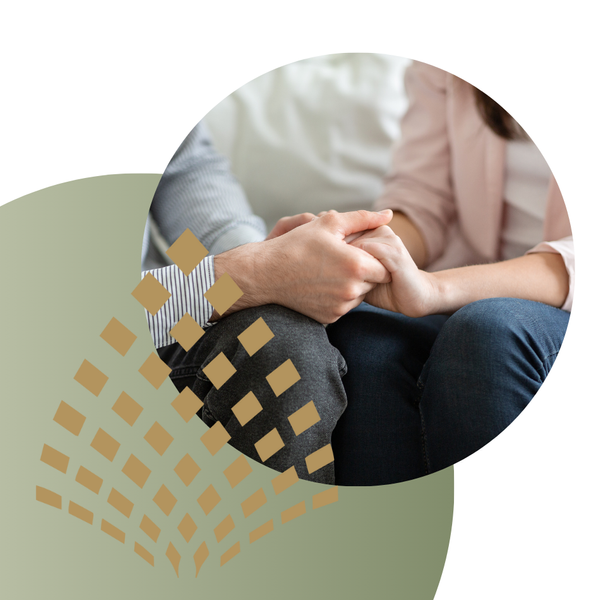Substance use disorders (SUDs) are rarely isolated problems. They ripple through families, straining relationships, eroding trust, and creating patterns of dysfunction. But evidence shows that family, community, and peer support are a substantial part of the solution. Increasingly, research shows that family therapy not only helps prevent substance use in at-risk individuals but also plays a powerful role in reducing relapse among those in recovery.
How Family Therapy Helps Prevent Substance Use and Reduce Relapse
Fountain Wellness


Why Family Matters in Addiction
Addiction doesn’t occur in a vacuum. Family dynamics such as poor communication, unresolved conflict, trauma, or enabling behaviors often contribute to the onset and continuation of substance use. At the same time, a supportive and informed family unit can serve as a protective buffer against relapse. Studies have shown that family counseling for addiction can:
● Improve treatment engagement and retention
● Decrease adolescent and adult substance use
● Increase long-term abstinence rates
● Enhance family functioning and communication
(Substance Abuse and Mental Health Services Administration, 2020)

The Evidence Behind Family Therapy
1. Adolescents and Early Intervention
Family-based therapies are especially effective for adolescents at risk for or currently using substances. Models such as Multidimensional Family Therapy (MDFT) and Functional Family Therapy (FFT) have shown strong outcomes in reducing substance use and delinquent behavior. A large-scale review found that adolescents who received family therapy were significantly more likely to remain abstinent than those who received individual therapy alone (Waldron & Turner, 2008).
2. Improved Relapse Prevention
Family therapy not only supports initial recovery but helps prevent future relapse. A 2022 meta-analysis in Journal of Substance Abuse Treatment found that family-based interventions were linked to lower relapse rates compared to standard care alone (Li et al., 2022). One reason is that therapy helps families recognize and change patterns that might otherwise trigger relapse, such as enabling behaviors, unresolved anger, or denial.
3. Supporting Long-Term Recovery
Programs like Behavioral Couples Therapy (BCT) have shown that addressing substance use in the context of a committed relationship leads to higher abstinence rates and improved relationship satisfaction. The partner becomes a recovery ally, providing encouragement and understanding, rather than a saboteur, undermining or hindering their recovery efforts (O'Farrell & Clements, 2012). Even years after treatment, families who engage in therapy report stronger bonds and more effective coping strategies.

What Happens in Family Therapy?
Family therapy sessions typically include:
● Education about addiction as a disease and as a symptom
● Communication skills training
● Boundary setting and conflict resolution
● Healing past trauma and mistrust
● Support planning for relapse prevention
At Fountain Wellness, we offer compassionate family therapy in Northern Colorado, through teletherapy or home sessions, helping families strengthen relationships, improve communication, and navigate life’s challenges together. Therapists work to shift the family system from one that may unknowingly support addiction to one that promotes accountability, stability, and encouragement.

Culturally Responsive Care
Family therapy can be adapted to meet the cultural, religious, and relational norms of diverse populations. Culturally informed therapy approaches, such as those used by our licensed therapists and addiction counselors, increase engagement and reduce treatment dropout (critical factors in sustained recovery).
Addiction recovery is not just an individual effort; it’s a family affair. Incorporating family therapy into treatment programs strengthens the chances of success by transforming the home environment from a potential trigger into a source of healing. For those at risk, it may serve as early intervention. For those in recovery, it’s a foundation for lasting change.
If you're supporting a loved one with a substance use disorder, consider family therapy, not just for their recovery, but for yours, too.
